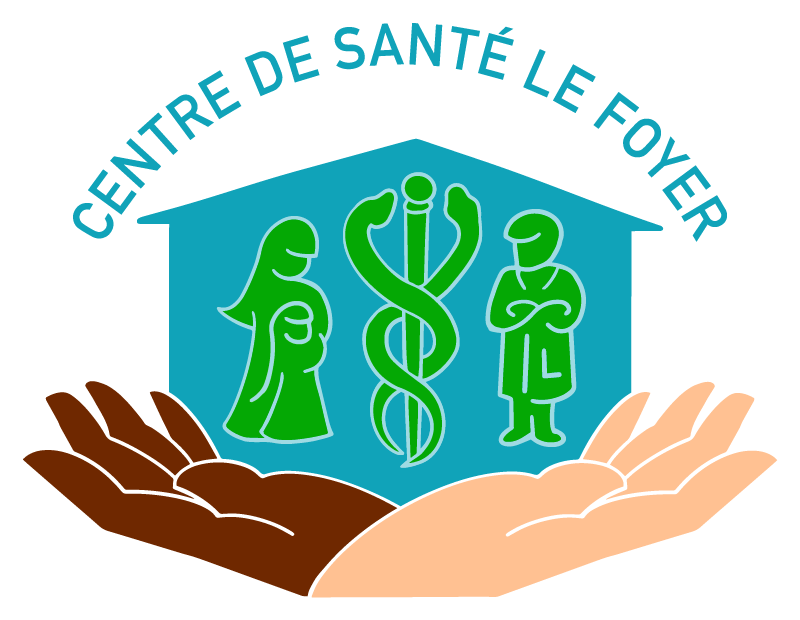Brussels is the capital of several countries (the Federal State, the French Community of Belgium, the Flemish Community and the Brussels-Capital Region) and is also the political and administrative capital of the European Union. The Brussels-Capital Region, which is predominantly French-speaking but administratively bilingual (French - Dutch), comprises 19 municipalities, including the city of Brussels, and has a population of around 1 million. It is surrounded by a belt of Dutch-speaking municipalities where Flemish is also the official language for all administrative procedures. Six of these municipalities, known as "à facilité", have a special linguistic status, as their inhabitants can ask for their documents to be translated into French. (estimated total for the agglomeration: 1.4 million inhabitants). Brussels has a large number of foreigners, partly because of the presence of European institutions and NATO, and partly because of its immigrant population. Known throughout the world for its rich architectural and artistic heritage, Brussels also enjoys beautiful green spaces thanks to its parks and the proximity of the Forêt de Soignes.
Political system: constitutional monarchy
- Head of State: King Philip I
- Capital city: Brussels
- State organisation: federal government + 3 communities (Flemish, French and German-speaking), 3 regions (Flanders, Brussels-Capital, Wallonia), 10 provinces, 589 municipalities.
- Official languages: Dutch, French, German
- Bank holidays: 21 July
- Currency: euro
- Population: approximately 11,322,088 (2017)
- The history of Belgium can be divided into two main periods: before and after 1830.
Seven kings
In 1831, Leopold of Saxe-Coburg-Gotha, a German prince, became the first sovereign of Belgium, a constitutional kingdom. His son Leopold II succeeded him in 1865 until 1909. Albert I became the third sovereign and died in a climbing accident in Marche-les-Dames in 1934. King Leopold III then ascended the throne. After the Royal Question, which arose in the aftermath of the war, Leopold III handed over the office in 1951 to his son, Baudouin I, who reigned until his death in 1993. His brother, King Albert II, succeeded him. Following his abdication on 21 July 2013, Albert and Paola's eldest son, Philip I, became the seventh King of the Belgians.
A federal state
Belgium is now a federal state with decentralised power, consisting of Communities and Regions. Decision-making power no longer rests exclusively with the federal government. Various bodies exercise their powers autonomously in their own areas. The laws of the federal parliament apply to all Belgians, those of the parliaments of the Communities and Regions (then called decrees) apply only to their inhabitants. Federal ministers have jurisdiction over the entire national territory, while ministers of a Community government have jurisdiction only over the territory of their Community. The power of the federal state is divided between the legislative, executive and judicial branches. The Communities and Regions have separate executive and legislative powers. The French Community exercises its powers in the Walloon provinces (except the German-speaking ones) and in Brussels, the Flemish Community in the Flemish provinces and in Brussels, the German-speaking Community in the municipalities of the German-speaking region. The 3 Regions (Flemish, Walloon and Brussels-Capital) have competences in the fields that affect the occupation of the territory in the broadest sense of the term (economy, employment, agriculture, housing, public works, energy, transport -except for the SNCB-, environment, town and country planning,...).
